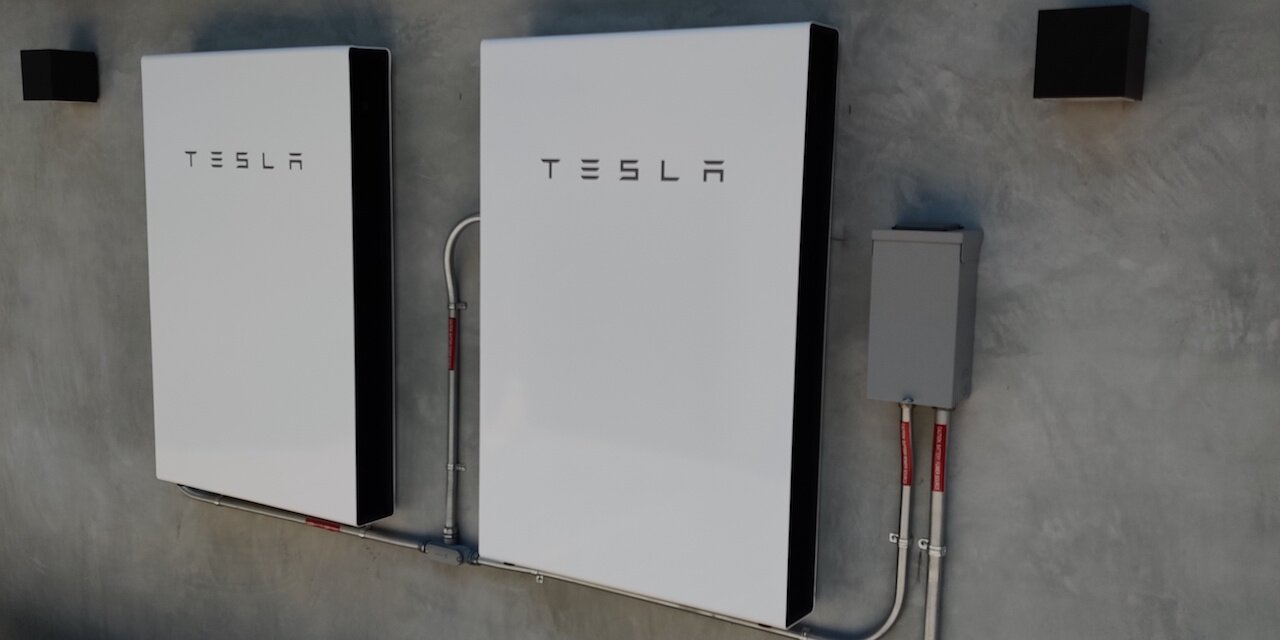In order for your solar panel system to help you save money and energy at home, it must be properly powered which means choosing the right residential battery storage system. To help you find the perfect battery solution, here are some tips on how to compare and contrast different batteries.
What to Look for When Comparing Home Battery Storage Systems
First, you need to know what to look for when shopping for battery storage systems. There are many factors that go into making a battery effective in storing solar energy. Here are a few of the most important things to consider.
Battery Power and Capacity
A battery’s power and capacity make up its ability to store and give power to your home. When choosing a battery storage system, you need a battery that is able to store a sufficient amount of power and that is able to provide enough energy to power your home efficiently.
The capacity of a battery—measured in kilowatt-hours (kWh)—is the amount of energy a battery can store while the power rating is a measure of how much power a battery can give off at any given moment (also measured in kWh).
When choosing a battery storage system, it’s important for you to calculate your power usage—both over the length of time and daily— to find a battery that not only can hold enough energy for your home, but that can produce enough energy to power it.
Depth of Discharge (DoD)
As with all batteries, residential battery storage systems must maintain a certain amount of charge in order to stay healthy. The depth of discharge (DoD) is the amount of the battery that has been used. In order to maintain battery life and health, most manufacturers will recommend a maximum DoD which helps you know how much of the battery you can use before you should recharge it.
Essentially, a battery with a higher recommended DoD is able to use more of its stored energy before needing to be recharged in order to preserve its overall lifespan.
Round Trip Efficiency
The round trip efficiency of a battery compares the amount of energy a battery is able to give off compared to how much energy it needs to store to become fully charged.
For example, a battery that is able to provide you with 3 kWh but requires 5 kWh to become fully charged has a 60% efficiency rating.
The Length of the Battery’s Life
Residential battery systems are in constant use and will cycle daily. The battery’s ability to hold a charge will slowly diminish with use so it’s important you find the battery with the longest lifespan.
Most manufacturers will guarantee the battery life and battery capacity over a certain amount of time by offering warranties when you buy them. This should help you discover which batteries will last longer compared to their price to help you make the best decision for your home and needs.
Choosing the Right Storage Solution for Your Home
Installing a solar panel system in your home will help you save money and energy, but they’re only as good as the batteries that help them. So, make sure you choose the right home battery storage system that will effectively make use of solar energy to power your home.
For more information on solar energy, contact us today.






